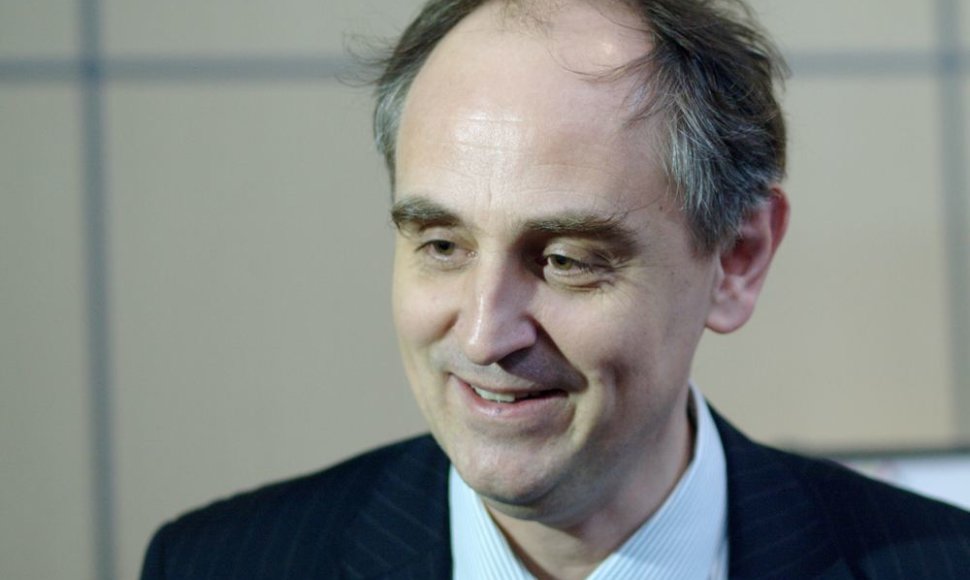He told BNS the opposition parties set to form a new government in Lithuania will have no chance to significantly increase social spending, and the referendum results further reduce chances of a new nuclear power plant to be successfully built.
"Particularly on the energy liberalization, people will be watching very closely to see whether Lithuania continues to push ahead with its gas liberalization which has made it very popular in Brussels and is regarded as a really impressive stance," Lucas said in a telephone interview.
The implementation of the so-called Third Energy Package has sparked disputes between Lithuania and Gazprom. Lithuania plans to fully split up operations of gas company Lietuvos Dujos (Lithuanian Gas). Gazprom, the single gas supplier for Lithuania, owns a 37.1-percent stake in the Lithuanian company. Following the gas reform, gas mains would become assets of a new enterprise spun off from Lietuvos Dujos.
Gazprom says the gas reform will undermine the company’s business interests. Meanwhile Andrius Kubilius' government has accused the Russian giant of abusing its dominant position in setting gas prices.
Lucas said the fact that 62 percent of Lithuanian people, who took part in the referendum, voted against a new nuclear facility further reduces chances of building the new power plant, an "immensely expensive and complicated project which is happening about 10 years too late."
"Its chances were always quite slim and this referendum makes it even less likely," Lucas said pointing to a very low level of trust among the three Baltic states.
Commenting on the election victory of the opposition parties, The Economist observer said the ruling parties were punished for tough measures they took to stabilize the economy during the downturn. On the other hand, he said the incumbent center-right government was worse at communicating their message to voters as compared to the Latvian and Estonian prime ministers who were reelected.
"The reasons are partly due to the very tough measures that the government took to stabilize the economy in the economic crisis. But I think the government was also quite bad at communicating, and it gave an impression of arrogance," Lucas said.
"I think the actual room for manoeuvre is quite limited for this (new) government. Assuming they want to keep the litas pegged to the euro, they can't borrow hugely more. They probably don't want to raise taxes any more so the room for lavish, generous social spending is quite limited," Lucas said.
The Labour Party, the Social Democrats and the Order and Justice Party launched coalition talks earlier on Monday.
The Economist journalist says the West might be concerned about Viktor Uspaskich and Rolandas Paksas' participation in a new government due to their controversial past.












